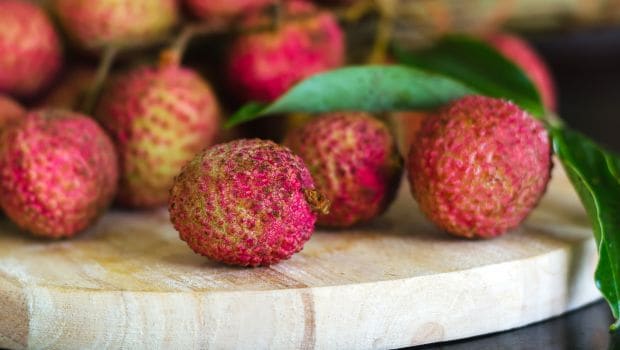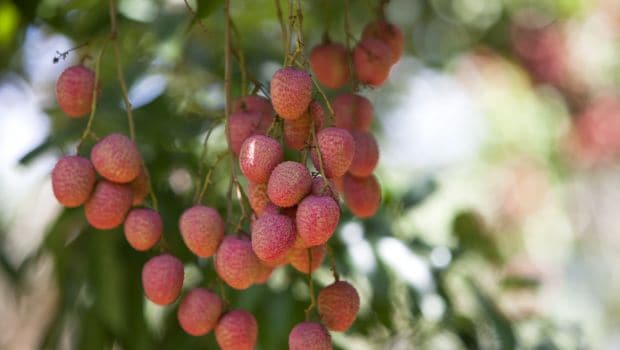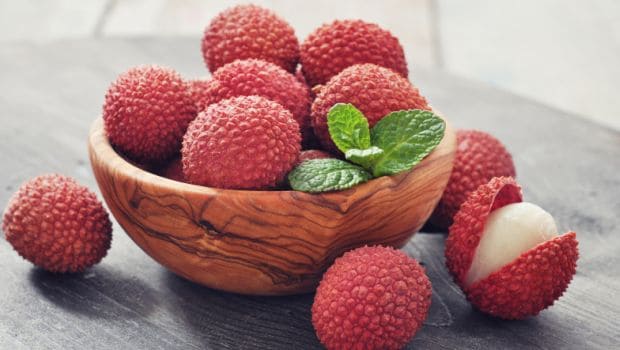This juicy, flavourful fruit is a favourite for many but some disturbing news about poisonous litchis has turned many fans away. The incident dates back to 2014 when a number of children died after consuming litchis. Three years later, scientists and experts may have an explanation to why this happened?It maybe a popular summer fruit, but litchis are not that simple in nature. Bihar, the largest producer of litchis in India. It became almost a mystery that why a humble fruit like litchi suddenly turned fatal. Health experts tried to come up with some explanations - some said it was a deadly virus, while others advised not to consume unripe litchis - but nothing was concrete. The litchi mystery seems to have finally been solved now. It has been found that litchi contains certain natural toxins, mainly said to be in the seeds. Apparently, the toxic nature of litchi is not an unknown fact. In ancient China, which is said to be the native place of litchi, people were aware of the fact and were cautious about it.
The outbreaks of the unexplained acute neurological illness with high mortality among children were mainly due to toxicity. This toxicity in litchi can arise due to several factors such as humidity, heat, pesticides, etc. According to a research study done by a team of researchers from US and India, and published in the medical journal The Lancet, it stated, "Our investigation suggests an outbreak of acute encephalopathy in Muzaffarpur associated with both hypoglycin A and MCPG toxicity."
The study also found that litchis, particularly the unripe ones, contain a certain amino acid that affects
blood glucose levels severely. "Parents in affected villages report that during May and June, young children frequently spend their day eating litchis in the surrounding orchards; many return home in the evening uninterested in eating a meal," the researchers wrote. The children are then rushed to the hospital. Most arrive unconscious or have seizures in the middle of the night or early morning.
The amino acid, which is believed to be the culprit, is found in the fruit of many members of the Soapberry family, which also includes the litchis, rambutan, longan and ackee. During the study, urine samples showed that two-thirds of the ill children showed evidence of exposure to toxins found in lychee seeds, found in higher levels in unripe fruits. Due to these toxins glucose synthesis is severely impaired, leading to dangerously low blood sugar and brain inflammation in the children.
"To prevent illness and reduce mortality in the region, we recommended minimising litchi consumption, ensuring receipt of an evening meal and implementing rapid glucose correction for suspected illness," advised the researchers. If a child did become ill, the researchers said they should be treated quickly to correct their glucose levels to prevent lasting damage such as mental impairment, muscle weakness and movement disorders.










